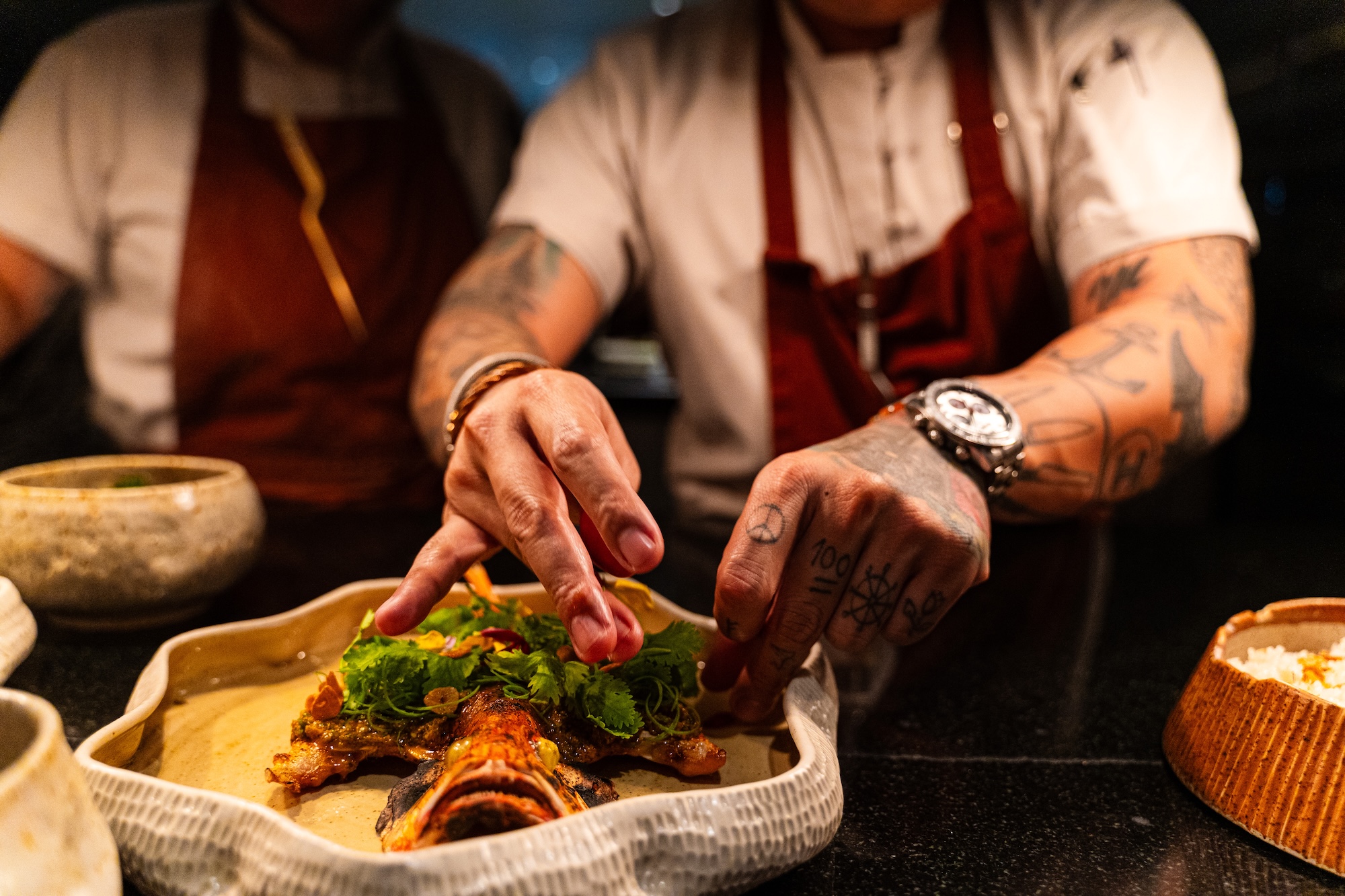Filipinos were up in arms after one vlog-style video depicted how the Lola Nena’s team actually worked behind the scenes—but why?
Last week, Lola Nena’s posted a video they didn’t realize would bring them so much trouble: It was a day-in-the-life video showing co-founder Steffi Santana’s workday, and a pivotal part of the content showed her having a working lunch with who she said were fellow members of Lola Nena’s management. The video has since been deleted from all of Lola Nena’s social media accounts after so many complained about it.
Of course, the uproar was seemingly mostly about the fact that Santana chose to have a working lunch. Sure, I can let this particular righteous fury slide because as a salaried employee who has to work in an office, most of the time I want my lunch breaks to be lunch breaks, even if I can understand that sometimes you’ve got no choice but to have a working lunch. That’s fine.
But there’s one thing that’s really, really weird: Why do people still think Lola Nena’s was a small, family-owned, mom-and-pop food business? And why is it surprising that there’s an entire hierarchy and team running a well-oiled machine behind its branding?
I can even understand how people are upset with Santana suddenly thinking that Lola Nena’s customers would be interested in a day in her work life when customers are simply interested in the funny meme content. It seems that Santana was never a regular fixture on the Lola Nena’s account as its “boss” figure, so it’s understandable to feel it was forced and broke the vibes of the brand.
But there’s one thing that’s really, really weird: Why do people still think Lola Nena’s was a small, family-owned, mom-and-pop food business? And why is it surprising that there’s an entire hierarchy and team running a well-oiled machine behind its branding?
Beyond the anger over working lunches and girlbosses, people have also been complaining that a quick peek behind the curtains of Lola Nena’s to reveal an entire corporate team and a boss running it broke their illusion of the bakery being nothing but a small business.
Just a quick recap: Yes, Lola Nena’s is a family business, and it did start as a humble one back in 2012 when it first sold the family pichi-pichi recipe. The namesake is Santana’s great-grandmother, and more importantly, it’s been growing since its inception—in fact, it grew so much that it necessitated a heavy rebranding to make it slicker and more recognizable.
Today, there are around 30 Lola Nena’s branches around Mega Manila, reaching as far north as Bulacan and as far south as Tagaytay. The entire vast network of stores is producing up to 50,000 donuts a day. There will be more branches and donuts, and I doubt those who had walked out in protest of Santana’s video will make a major dent in the brand’s performance.
And if you’re overseeing a network that big, pushing for constant expansion, and producing that many products, you’re no longer a mom-and-pop bakery: You’re a full-blown corporate operation, even if the corporation isn’t as big as the top fast food chains in the country. It’s a testament to how well Lola Nena’s had maintained its vibe—well, until now—that people are surprised, but surely it’s not unreasonable to think that a brand that’s gotten this big would need a lot more than a family-based team?
The amount of hurt feelings from self-proclaimed former Lola Nena’s fans feels like people discovering for the first time that pro wrestling or love teams aren’t real life.
The amount of hurt feelings from self-proclaimed former Lola Nena’s fans feels like people discovering for the first time that pro wrestling or love teams aren’t real life. While Santana’s video may not have been the best idea to post on the official Lola Nena’s account, and maybe the illusion shouldn’t have been shattered to begin with, the fact that there’s a whole corporate structure behind the company should not have been held against them.
I don’t think the brand cultivating that look and feel was a deliberate or conscious choice, or else Santana wouldn’t have posted that peek into their inner workings. The brand didn’t seem to be banking on the “charm” of being a mom-and-pop bakery to sell their food—one would think that it was actually the food doing the work for them. Or maybe she had already assumed most already knew that there’s a whole team running the burgeoning Lola Nena’s empire.
But if anything, this whole issue—which will blow over anyway since we’ve always got more pressing matters at hand—is an interesting look into the psyche of a certain kind of Filipino consumer vis-à-vis branding and reputation. Establishments and brands who want to keep the patronage of particular customers and segments will have to be very careful about the image they project, perhaps to the point of not ruining the existing vibes.
While some backlash may be uncalled for, and while you may not lose a lot of sales even if the reputation is dented, you also don’t know which bad move could be the one that deals irreparable damage. Santana was quick and aware enough to backtrack and acknowledge the bad reaction with an apology, which is always the safest move to do when in doubt.
That’s probably the most important lesson to learn from this scenario, but it really is also worth noting that not all uproar is sensible. In this case, I just don’t think Lola Nena’s deserved that much.











































